2-FDCK
€170.00 – €1,250.00
Buy 2-FDCK Online
2-FDCK ( 2-Fluorodeschloroketamine, 2-Fl-2′-Oxo-PCM or Fluoroketamine).It is a dissociative anesthetic that has been sold online. However, it is an analogue of ketamine where the chlorine group has been replaced by flourine. Also, it is classed as an arylcyclohexylamine drug.
Buy 2-FDCK Online
Chemistry of 2FDCK
2-FDCK ( 2-Fluorodeschloroketamine, 2-Fl-2′-Oxo-PCM or Fluoroketamine). It is a dissociative anesthetic that has been sold online. However, it is an analogue of ketamine where the chlorine group has been replaced by flourine. Also, it is classed as an arylcyclohexylamine drug. This include a cyclohexane ring bound to an aromatic ring along with an amine group. 2-FDCK contains a phenyl ring bonded to a cyclohexane ring substituted with a ketone group (cyclohexanone).
2-Fluorodescholoroketamine is a chiral molecule. Des- is a prefix used in chemistry to denote the absence of a functional group (in this case “chloro”) hence 2-FDCK is named for containing a fluorine substitution at its phenyl ring rather than the chlorine which is found in ketamine.
Like opioids, ketamine has addictive properties. It’s important to understand this when weighing risks and benefits. If you have a history of substance abuse –– such as alcohol or drugs –– it’s especially important for you and your doctor to consider whether ketamine is a good option for you
Ketamine also may influence depression in other ways. Most likely, ketamine works in several ways at the same time, many of which are being studied.
Pharmacology
Due to the lack of research regarding the substance, all discussion regarding the pharmacology of it is purely based on its structure and subjective effect similarities to other arylcyclohexylamine dissociatives such as DCK and ketamine. With this in mind, 2-Fluorodeschloroketamine act as an NMDA receptor antagonist.
NMDA receptors allow for electrical signals to pass between neurons in the brain and spinal column; for the signals to pass, the receptor must be open. Dissociatives close the NMDA receptors by blocking them. This disconnection of neurons leads to loss of feeling, difficulty moving, and eventually this substance’s equivalent of the “K-hole.”
The subsequent sessions may help prolong the effects of ketamine, rather than achieving further dramatic relief of symptoms. There are no standard guidelines for this. Many studies offer eight treatments initially (acute phase). After this, patient and doctor decide whether to taper or stop ketamine treatments, or continue treatments at longer intervals.
| Quantity | 10gm, 25gm, 50gm, 100gm, 250gm, 500gm |
|---|
Be the first to review “2-FDCK” Cancel reply
Related products
RESEARCH CHEMICALS
RESEARCH CHEMICALS
RESEARCH CHEMICALS
RESEARCH CHEMICALS
RESEARCH CHEMICALS
RESEARCH CHEMICALS
RESEARCH CHEMICALS

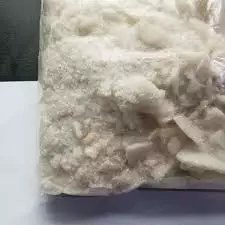
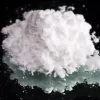
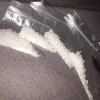
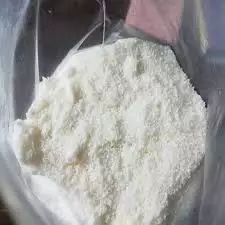

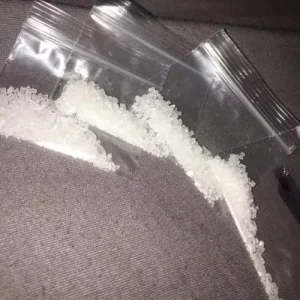
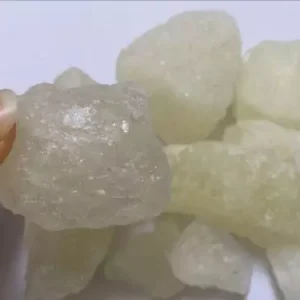
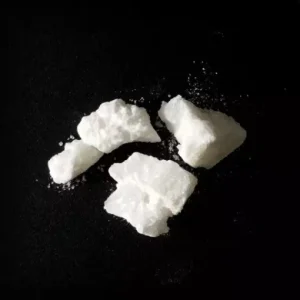
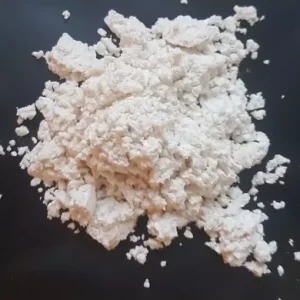
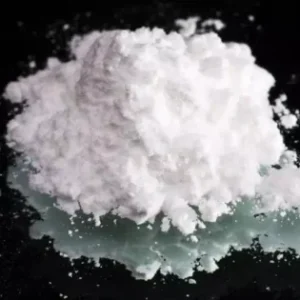
Reviews
There are no reviews yet.